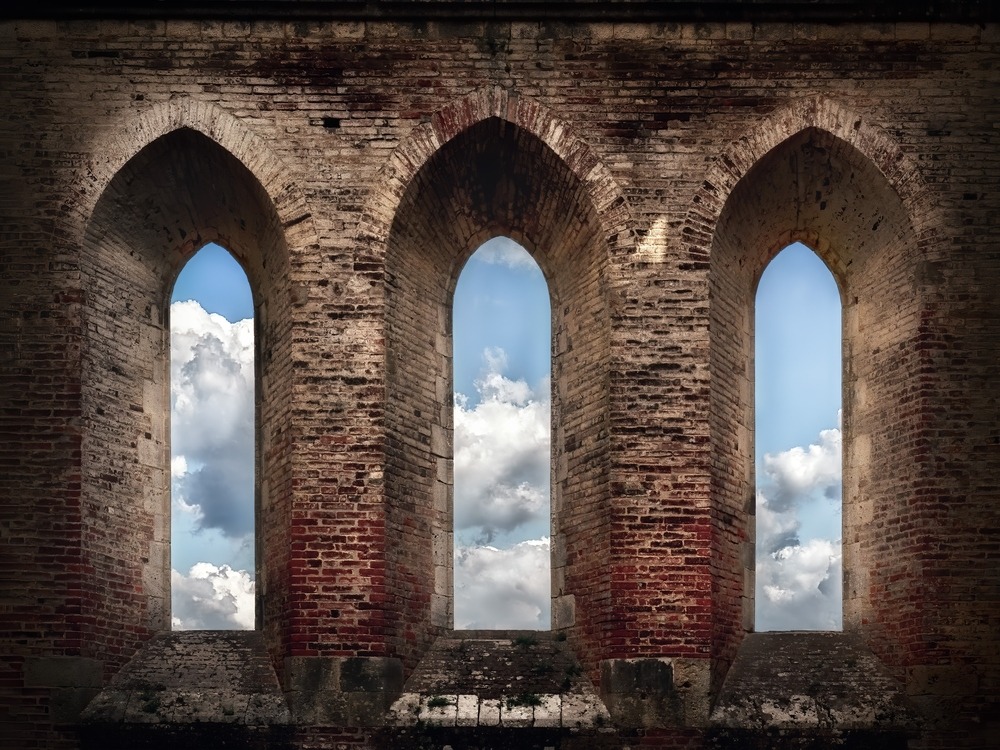
These words are found at Revelation 21 verse 4. I think that we often do not take the Bible as literally as perhaps we ought and this remark is an example of this. Commonly we think that this only refers to tears of sadness because of tragedy or disaster or misfortune.
But not all tears derive from grief and woe.
It is a common experience that, when one contemplates a beautiful thing, be it in verse, prose, painting, music or sculpture, the experience is, quite literally, overwhelming and we break down in tears. Such tears are not the result of sadness; quite the reverse – they can be described as tears of joy.
And God says he will wipe away the tears from every eye. Does he mean these tears as well?
It is worth asking why, when confronted with something extraordinarily or even ordinarily beautiful, we break down. What is it that moves us to tears? The experience is not one that we avoid, we actively seek out that which is beautiful to behold or hear. And then, we break down. Why?
The beatific vision
I think that the answer is that we are faced with a glimpse of the beatific vision and the experience is too much. As we are presently constituted we cannot see the face of God; the sight would destroy us because we are not strong enough. And this gives a clue as to why, when presented with something beautiful we break down and weep. We are seeing or hearing something of the beauty of God and it is too much.
Music is probably the purest of all the human art forms and it is music that most frequently moves people to tears. ‘There was not a dry eye in the house’ is an expression we have all heard. I suppose we all have favourite tunes, songs, symphonies, overtures and so forth. For myself, the second movement of Schubert’s String Quintet in C D.969 is one that springs to my mind; one sleeve note I recall mentions ‘the almost painful beauty of this movement’.
And we come back to this curious statement in Revelation ‘He will wipe away every tear from their eyes’. Does God also mean these type of tears?
I think he does and for this reason. As was noted earlier we are too weak (at present) to behold and appreciate the beatific vision but there will come a time when we will not be so flimsy; we will be able to see (and probably hear) extraordinarily beautiful things and NOT be overwhelmed by the experience. We shall have sufficient native strength fully to appreciate beauty and enjoy it to the full.


